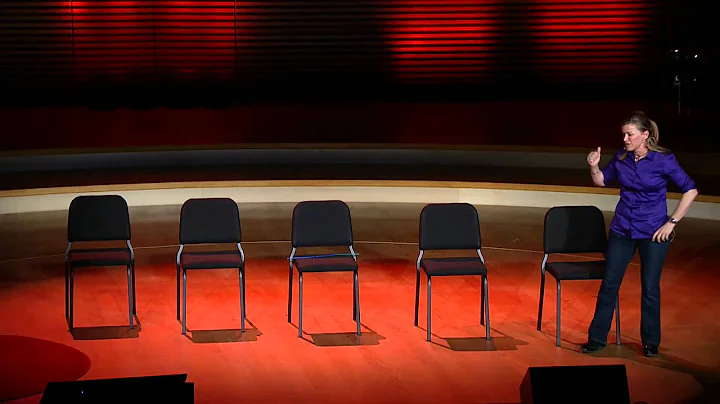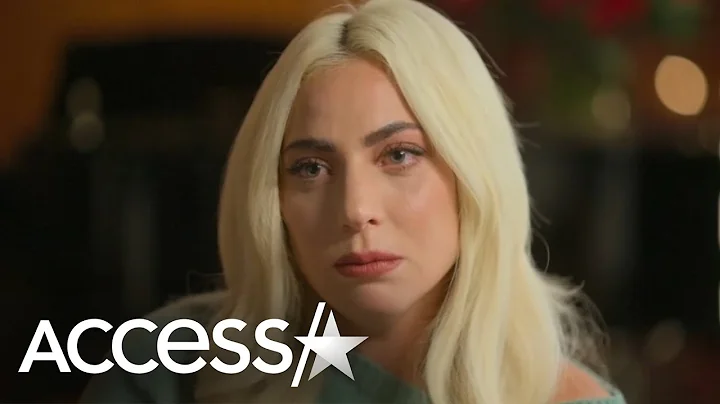Preface: If living is a tool-based survival, if it is just embedded in the giant machine of human society, and becomes the use or used component, why should we live? If it is not because of the soft feelings in the heart, if it is not because of love, if it is not because of beauty, if it is not because of the subtle and unspeakable moving possibilities, emotional possibilities or thought possibilities, why should we come to this world?
and let the secular life be slanted.

Her choices seem to be very limited. Pablo Picasso, "The Ironing Girl", 1904
1
Most of us are doing two things - maintaining the survival of the body, and the survival of the higher parts of our nature. We go to work to pay for expenses, and then we indulge in what we like to do and may be destined to do. The whole secret to a successful life is to find what a person is destined to do and do it.
- This is a passage from a previously translated book that I thought of during a conversation when I went to an art institution a few days ago. I quoted the statement "Advanced Part of Our Nature".
This text comes from one of the greatest industrial captains in the United States - Ford . The publisher at the time called his book a mine of practical wisdom. He proved the correctness of his doctrine through practical affairs and was a great figure in the United States since Lincoln or Benjamin Franklin .
I think not only Ford, but also the books of other industrial captains in the United States. Whether it is the letters of Morgan and Rockefeller, or the wealth gospel of Carnegie, they can be called the industrial Bible.
However, these industrial Bibles are not industrial operation methodologies in our common sense, but a higher metaphysical wisdom. Let's not talk about it.
2
In my recent work, it is no longer the main focus of excel and ppt (keynote), but word. These writing and translation work touched me.
For example, I think time is the most important resource, and there is not enough time. For example, sometimes, especially when reading and translating some foreign literature, you have no choice but to think about it. Just know it earlier or pay attention to it clearly. The text I quoted earlier is.
But what feels most deeply is whether it is the specific thing that is implicit in the text quoted earlier - the advanced part of our nature.
Look at the geese in Suiyang, each with its own plans.
As an humanistic person (rather than just a humanistic researcher, or a large number of people who are known to study humanities without humanistic spirit), my always argues that what really distinguishes between people is the departure and transcendence of non-related work and survival, which is equivalent to the advanced part of our nature. In fact, whether dogs eat shit for thousands of miles, or wolfs eat meat for thousands of miles, they are all the humble nature of the humble body, and there is no high or low in the plan.
That is, because your profession is bad and good, your wealth is less and more, or you live less than a dog, or you live like a wolf with meat, and there is no lament or praise.
3
However, I am not the kind of traditional humanists, or even pseudo-humanists, who think that money is a top priority, is despicable. Perhaps, we will never know when economic factors will suddenly play a leading role in our lives!
Philosophy, literature, music, etc. may represent the advanced parts of our nature and should be possible options to replace the accumulation of wealth. Isn't it?
But being a human does not mean that we must make choices between humanities and money. It is one thing to find happiness in resources beyond the intangible resources, and to highlight the higher parts of our nature, while it is another to deny that people’s behavior is dominated by economic motivation. In fact, if economic motivations are not the only reason for our behavior, then they are sometimes important reasons for our behavior.
Common sense tells us that the poorer we are, the more we will look for opportunities for development. People who have been in poverty for a long time can choose to give up their development and decide to enjoy music and art.However, even if they make such a choice, they will find that they cannot get a complete aesthetic enjoyment. The same is true for
to turn to religion...
In turn, people once romantically believed that creative artists could "transcend" worldly desires without greed for money. But even so, it is not the case. You understand.
4
So, my always-off view as a true humanism is: 1. Wealth (in a non-metaphorical sense, to put it bluntly, money) is definitely the most basic structure of survival. This is the maintenance of the body in that passage I quote. People are positioned in social stratification based on their power and reputation that can be converted into wealth. Therefore, your financial freedom basically determines the abundance and leisure of your life.
2. Although wealth is the basis, what really distinguishes people is the departure and transcendence of non-related work and survival. This is a high-level part of our nature in that passage I quote. Although human beings are based on their foundation, they are beyond the question of wealth freedom.
So I once said something that makes me moved like this -
If living is a tool-based survival, if it is just embedded in the giant machine of human society, and becomes the use or used component, why should we live? If it is not because of the soft feelings in the heart, if it is not because of love, if it is not because of beauty, if it is not because of the subtle and unspeakable moving possibilities, emotional possibilities or thought possibilities, why should we come to this world?
And let the secular life be separated from each other, live according to the world, but live in the world.











